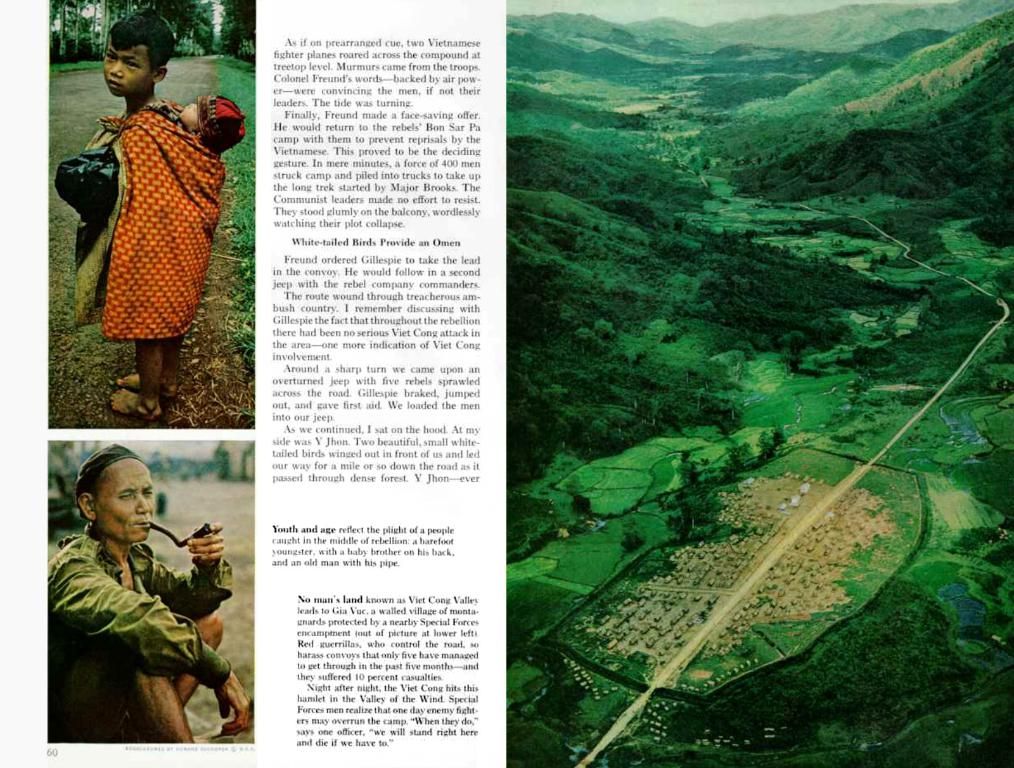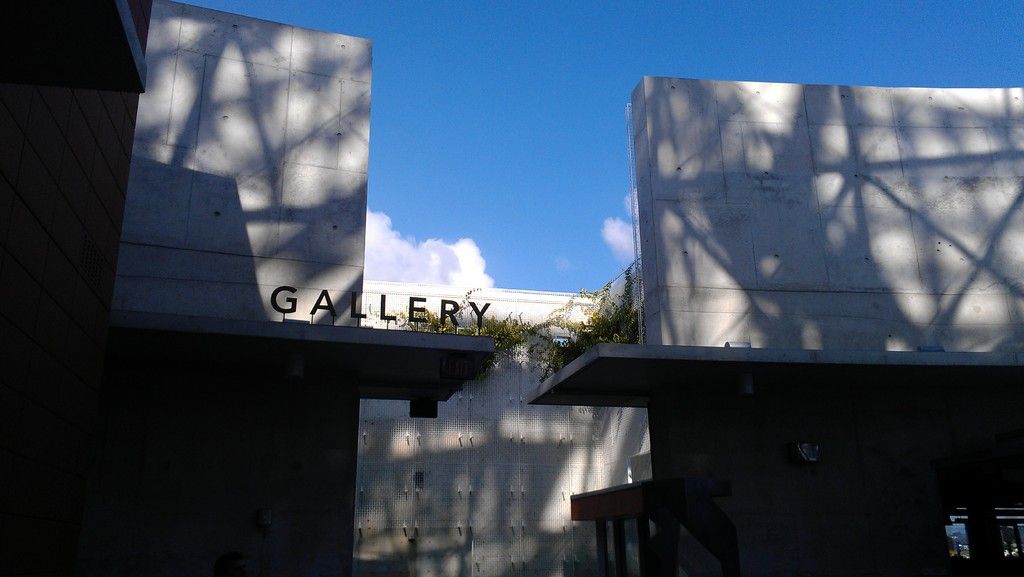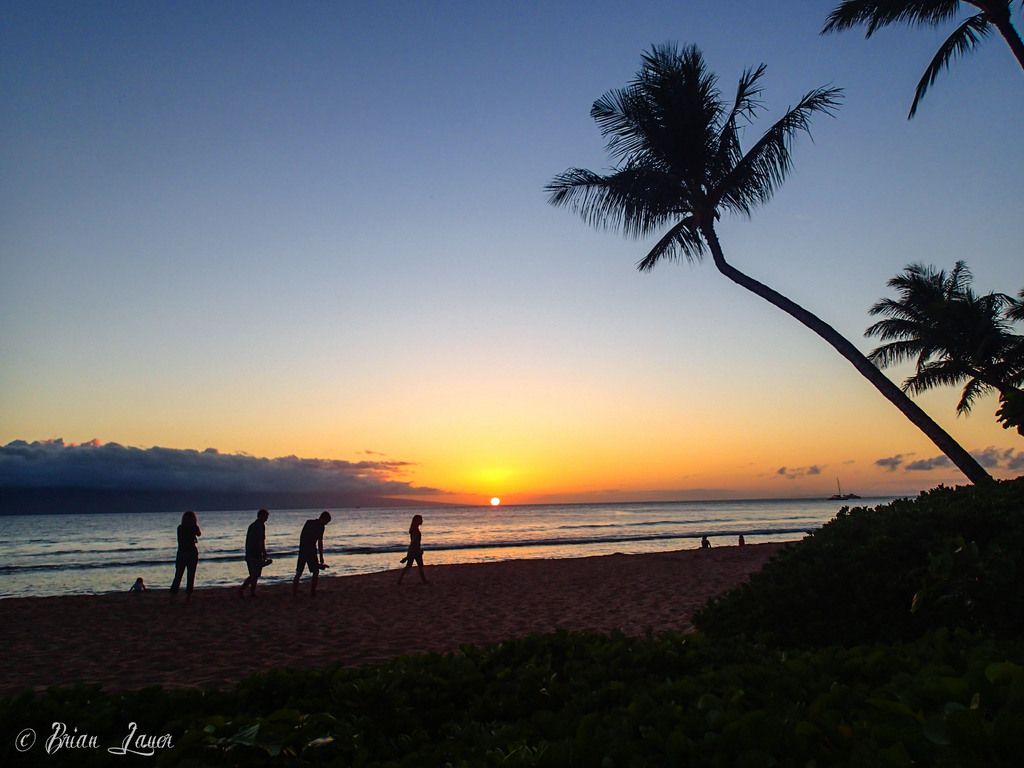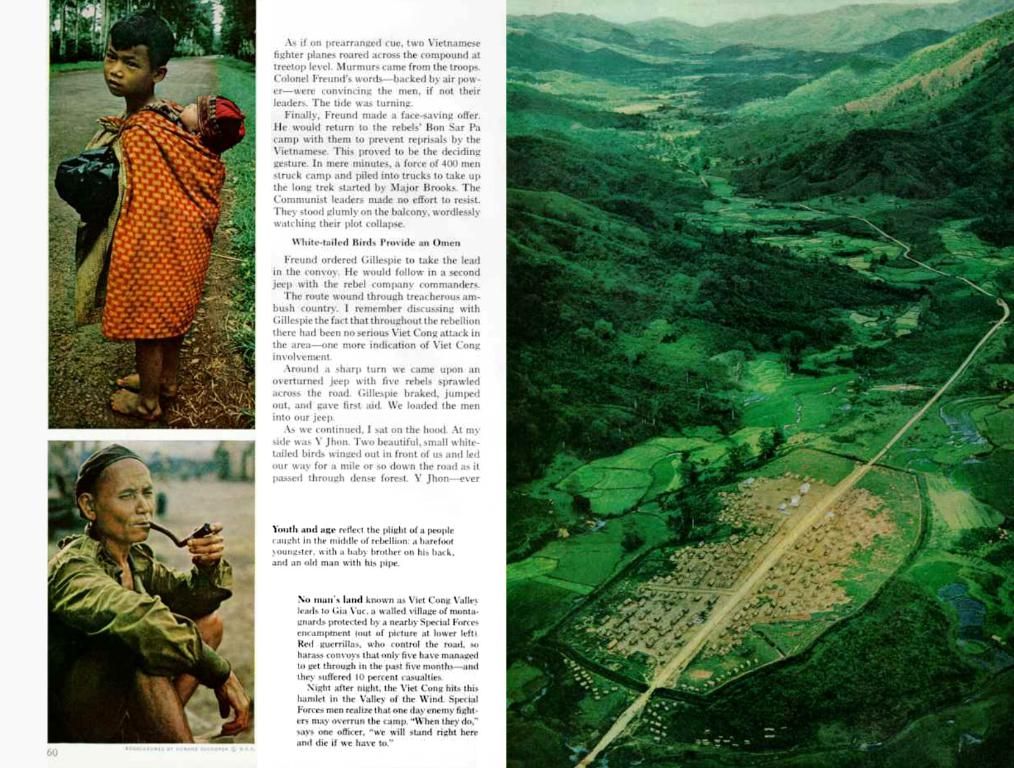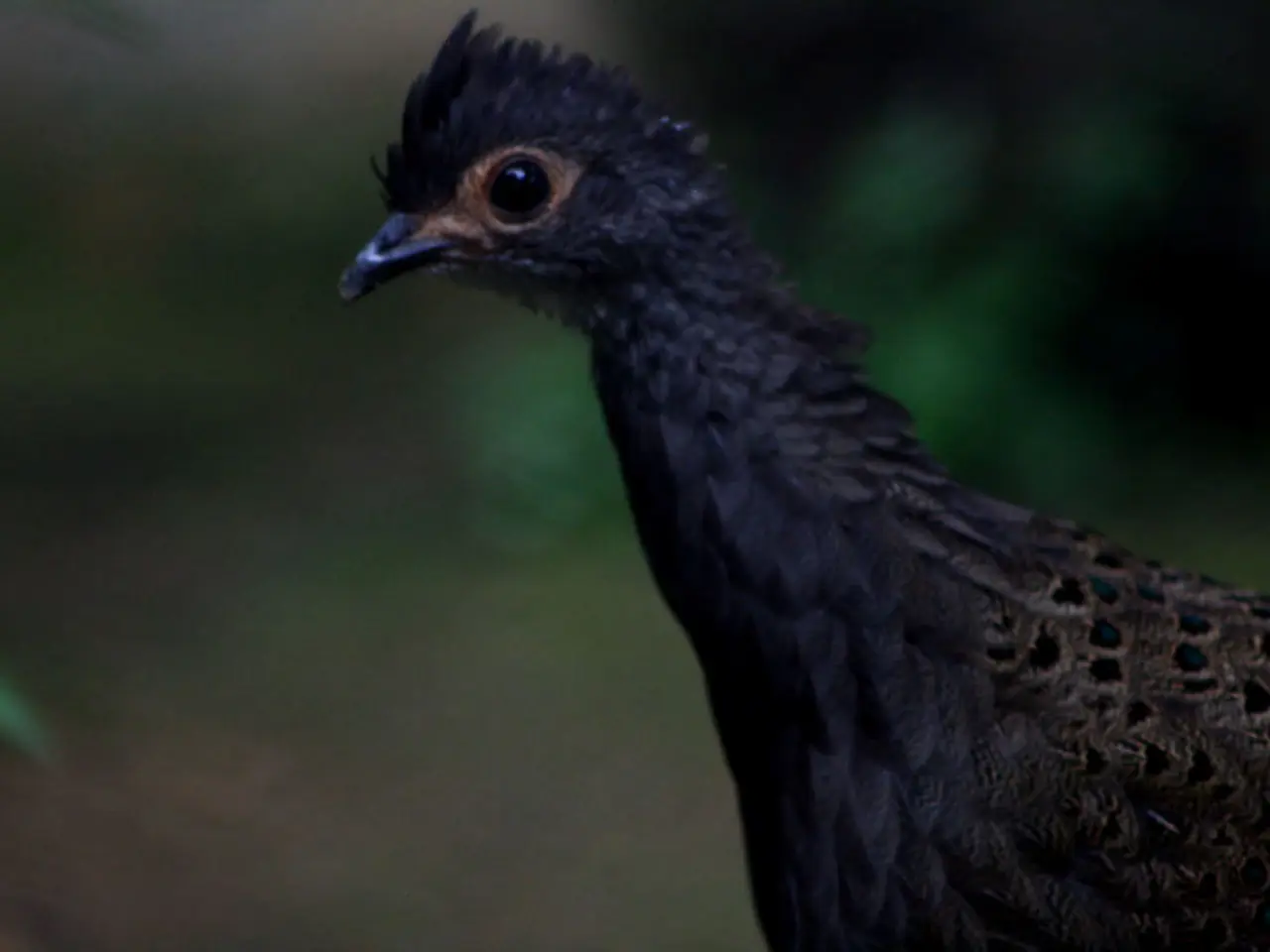Development initiatives spearheaded by the Macau chief executive aim to lessen the dependency on the gambling sector.
In an effort to reduce Macau's heavy reliance on gaming revenue, Chief Executive Sam Hou Fai revealed a strategy involving four major development projects, totaling over £7.5 billion. These projects, part of a larger economic diversification plan, focus on education, culture, aviation, technology, and tourism— industries that have the potential to bolster the region's economy within the Greater Bay Area.
The total investment for these projects amounts to MOP38.2 billion (£3.5 billion/€4.167 billion/$4.75 billion). One of the significant projects, allocated MOP20 billion, is the Macau-Hengqin International Education University Town. This academic hub aims to attract international students and foster talent development, particularly in science and technology, thereby strengthening Macau's role within the Greater Bay Area's educational ecosystem.
Another MOP12 billion project focuses on creating an Integrated Cultural and Tourism Zone. This district will highlight Macau's unique Portuguese-Chinese heritage, featuring a National Museum, an International Arts Centre, and an International Exhibition Centre.
Macau's international airport will also see expansion, with a MOP6 billion upgrade to increase annual passenger capacity from 10 million to 15 million by 2030. This expansion will likely boost tourism and logistics connectivity within the Greater Bay Area.
Lastly, a Macau Technology R&D Industrial Park is to be established aiming to attract international tech firms and researchers, creating a complementary innovation ecosystem alongside neighboring cities such as Shenzhen and Zhuhai.
While Macau may not experience direct impacts from US-China trade tensions, the potential effects on other countries' tourism could impact gaming revenue, which has historically constituted about 80% of Macau’s tax revenue in 2024. For this reason, the city is making efforts to develop new industries internally and deepen alliances with other cities within the Greater Bay Area. As competition in tourism and gaming increases, diversification has become a recurring theme for Macau's leaders.
The Macau-Hengqin International Education University Town, a MOP20 billion project, aims to be an academic hub for international students and talent development, particularly focusing on science and technology, which is expected to strengthen Macau's role within the Greater Bay Area's technological landscape. The Integrated Cultural and Tourism Zone, with a MOP12 billion allocation, will showcase Macau's unique Portuguese-Chinese heritage, attracting more tourists and fostering cultural exchange within the Greater Bay Area. Despite the reliance on gaming revenue, Macau's leaders are also prioritizing the development of a Macau Technology R&D Industrial Park in 2023, with the intention of attracting international tech firms and researchers, hoping to mitigate potential risks from changing global economic conditions and competition in the gaming industry.

